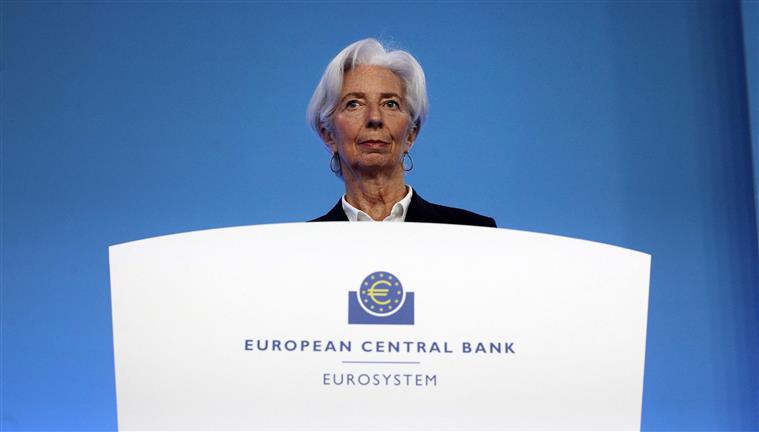The threats paid off. The European Central Bank responded to market expectations and consistently raised interest rates by 0.5%. But the idea doesn’t stop there. Based on the significant upward revision of inflation expectations, the Christine Lagarde-led entity says it “expects to continue to increase it,” noting that it “believes that interest rates will continue to have to increase significantly at a steady pace, in order to reach levels constrained enough to ensure a return Inflation in time to target 2% in the medium term ».
A guarantee that has already been given by analysts contacted by our newspaper.
Ricardo Evangelista, an analyst at ActivTrades, believes that the central bank should continue to raise interest rates in 2023 until they reach 3%: “This means that after 0.5% we will still have one more percentage point over the next year.” However, he believes that in the coming year, the pace of interest rate hikes is expected to slow down: “We are likely to see four hikes of 0.25%. However, this is not a guaranteed scenario and may have to be modified if inflation decreases faster than expected, or if it continues at high levels despite the tightening of monetary policy ».
Paolo Rosa, an economist at Banco Carregosa, expects an increase of the same size by 50 points at the first meeting of 2023, on February 2, but expects a slowdown to 25 basis points on March 16, “setting the interest rate at that time. The European Central Bank deposit interest rate is at 2.75%, which is very close to the final interest rate currently expected, as the market expects the final interest rate in the eurozone to be around 2.8%. That is, the reference interest rate for the European Central Bank is currently 1.5%. A 50 basis point increase on December 15th would push that rate to 2%. An increase of more than 50 points on February 2 would raise the rate to 2.5%, culminating at 2.75% on March 16, an increase of 25 points.
Eduardo Silva of XTB Portugal also argues that “tight monetary policy must continue to moderate consumption, and therefore inflation,” and as such, he says, “in the medium term we will continue to see increases more or less aggressive depending on the development of inflation.”
What do you expect now?
For a property worth 125,000 euros to be paid over 33 years, if in January the installment was fixed at 362.71 euros (average interest rate 0.81%), in October it had already risen to 488 euros (average interest rate 2.86%) and would rise Now to 540.58 euros, combining the interest rate and the expected increase of 0.5%. That is, an increase of 52.53 euros per month, but an increase of 213.87 euros over the beginning of the year, according to simulations carried out by Comparajá.pt.
As for a property worth 186,000 euros to be paid in the same period (33 years), if 535.42 euros were paid in January, the premium rose to 726.23 euros in October. With this interest increase, you will pay a premium of €804.38 in December. That is, a monthly increase of 78.15 euros and an increase of 268.96 euros compared to January.
The scenario is repeated for a €257,000 house, also payable to a 33-year-old. The premium, which was 791.65 euros in January, rose to 1073.72 euros in October this year. If this rise of 075% occurs, you will pay a monthly premium of €1189.27 in December. After all, 115.55 euros per month, an increase of 397.62 euros compared to the beginning of the year.
For João Melo, Director of Mortgage Loans at the platform, “2022 was undoubtedly marked by the steady and continuous increase in interest rates on mortgage loans, given that we are witnessing the largest rises in the history of banking. Although interest rates have already gained proportions higher as in 2008 or 2012, the truth is that the rates have suffered fluctuations at a level they have not seen before », he points out to our newspaper.
And he adds: «The main consequences of this phenomenon have already been noticed, and besides the fact that housing prices did not fall, the total amount made available by banks linked to housing loans decreased month after month, and in October there was one of the worst records in the past two years».

“Wannabe internet buff. Future teen idol. Hardcore zombie guru. Gamer. Avid creator. Entrepreneur. Bacon ninja.”


